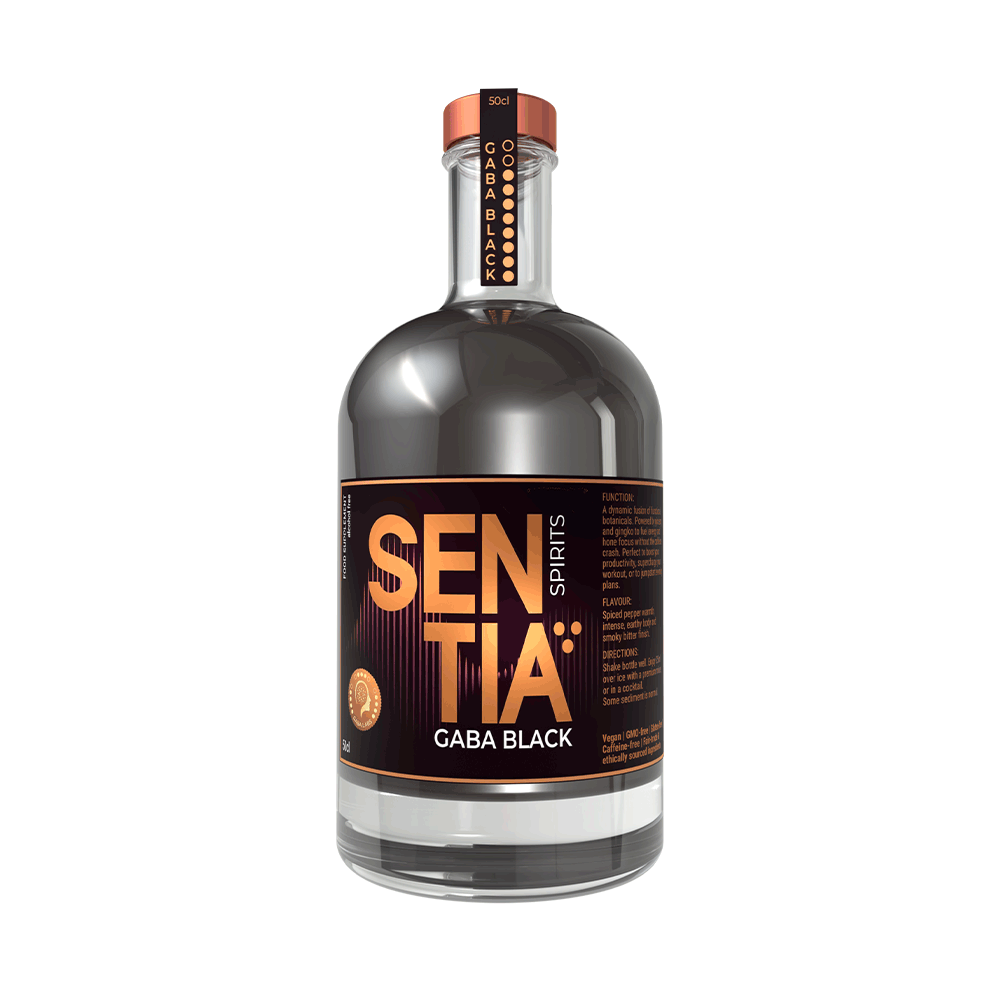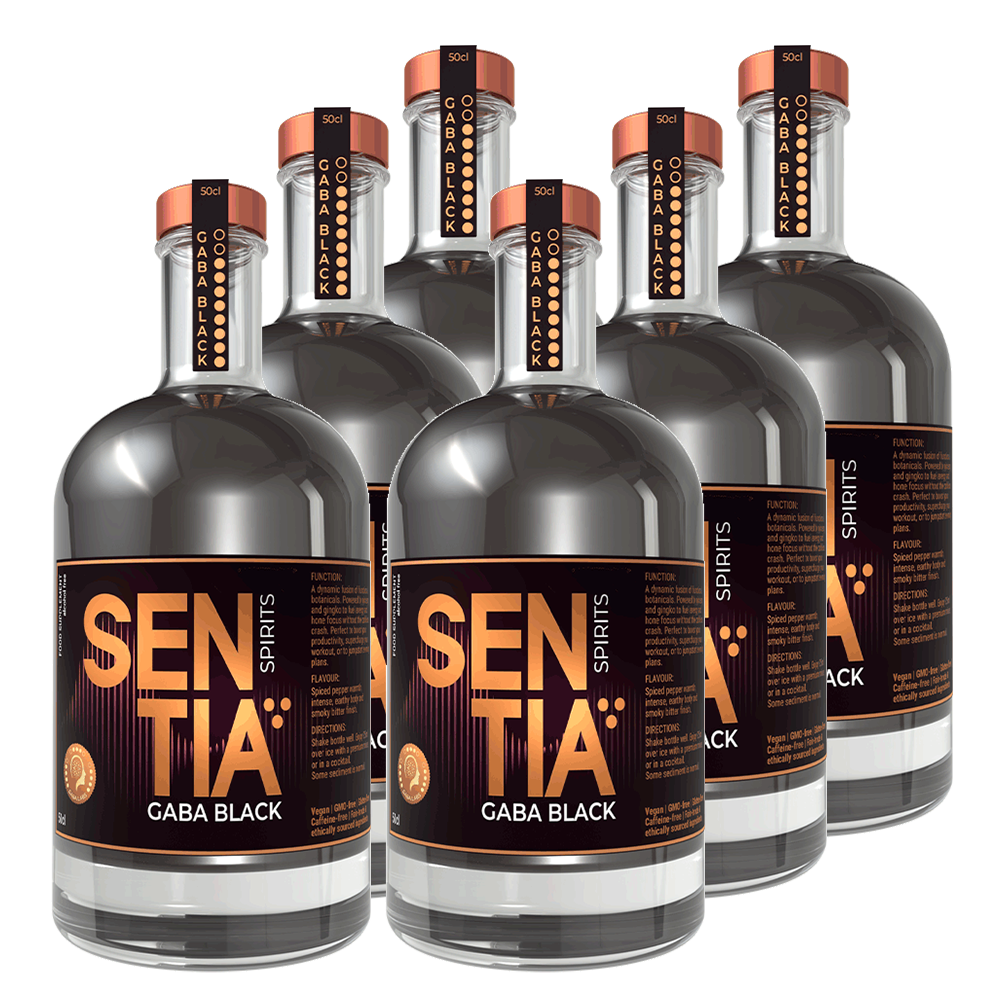
National Sickie Day and GABA's impact on our Immune System
It's National Sickie Day on 5th February—yes, it is a thing. No, we’d never heard of it before either. Is your Sunday hangover threatening to bleed into Monday? Recent statistics reveal that you’re not alone—a cool 9% of British workers admit to calling in sick when they’re not really ill. The worst day for calling in sick? Tomorrow baby! The first Monday of February, when more people are off work and possibly under the weather than at any other time of year. While we don't endorse playing hooky, if you’re feeling wretched, or have a looming case of Mondayitis coming on, what better time to dive into the world of immune health. What’s the latest on immune system function? Can vitamins and minerals boost immune health? What about immune boosting foods? Read on, if nothing else, it might help you get in character for some authentic lurgy acting on the phone tomorrow morning.
Joined-up thinking on Immune Health
Science has been discovering quite how joined up our mental and physical health are in recent years. There’s a veritable brain’s worth of nerve cells in your gut, and a great long one—the vagus nerve—linking your grey matter to your somewhat “browner” matter downstairs. But other seemingly counterintuitive connections also exist. If you’ve followed Sentia for a while, you’ll know we’re mad about GABA, your brain’s most prevalent inhibitory neurotransmitter, which keeps your neural architecture from overheating. GABA slows things down, calms the brain, helps us relax, and sleep—amongst a whole lot else too.
GABA & the Immune System
But GABA isn’t just a neurotransmitter. GABA is everywhere. Firstly, it’s a metabolite, a key part of the energy cycle in every cell in every living thing. Its role as a neurotransmitter isn’t the only place GABA is used for communication though. GABA is involved in signalling across disparate branches of the vast tree of life. From humble microbes and towering Redwoods, to, well, you and your noggin. What wasn’t understood until recently however, was the role GABA plays in the immune system.
The immune system, an intricate network that makes up our body’s defence force against illnesses, has recently been found to produce and release GABA all by itself. This implies that GABA is actively involved in how our immune cells communicate and function. One of GABA’s key roles in the immune system is regulating the release of cytokines, which are like the signalling flags immune cells wave to coordinate their actions. By influencing cytokine release, GABA can modify the immune response, either ramping it up or toning it down. Furthermore, when immune cells release GABA, they can influence the behaviour of other immune cells. It's like having an internal communication system where GABA is the language spoken. GABA’s influence extends to certain types of white blood cells and even to the migration of some infected cells, getting infected cells to where they can then be dealt with.
In the brain itself GABA isn’t just a neurotransmitter. The GABAergic system, which includes all the components involved in GABA signalling, seems to regulate microglial cells, the brain's primary immune cells, which combat infections and neuro-inflammation. A recent study highlighted the interconnection between GABA as it works in the brain and the network of GABA receptors in the gut in the context of Irritable Bowel Disorder (IBD). Researchers found that an anti-epileptic medication, which targets GABA receptors in the brain, could moderate IBD symptoms. This suggests that GABA's role in immune function is significant and far-reaching.
Vitamins for immune health: Are Supplements the Answer?
While certain nutrients like Vitamin C, D, E, and Zinc are crucial for a healthy immune system, the jury is still out on the effectiveness of over-the-counter supplements. A recent wide-ranging review indicates that evidence suggesting that dietary supplements can prevent illness or shorten infections is not conclusive. Looking for natural ways to boost your immune health confuses the issue. As far as the science goes that the moment, it’s not about boosting, rather maintaining a healthy immune system. The best advice? Stick to a balanced diet for your vitamin and mineral needs instead of relying on supplements.
When it comes to dietary GABA, its impact on immune health is still debatable. Sure, you’ll find GABA in every food under the sun, but the amount of GABA in food is generally too low to have noticeable effects—and it’s not clear as to whether dietary GABA can get from your gut to your brain, (the current consensus is that it can’t.) However, with new technological advances, we might soon see GABA-enriched foods that could enhance immune function—and yes Sentia and GABAlabs are beating a path towards this very destination, so, watch this space!





